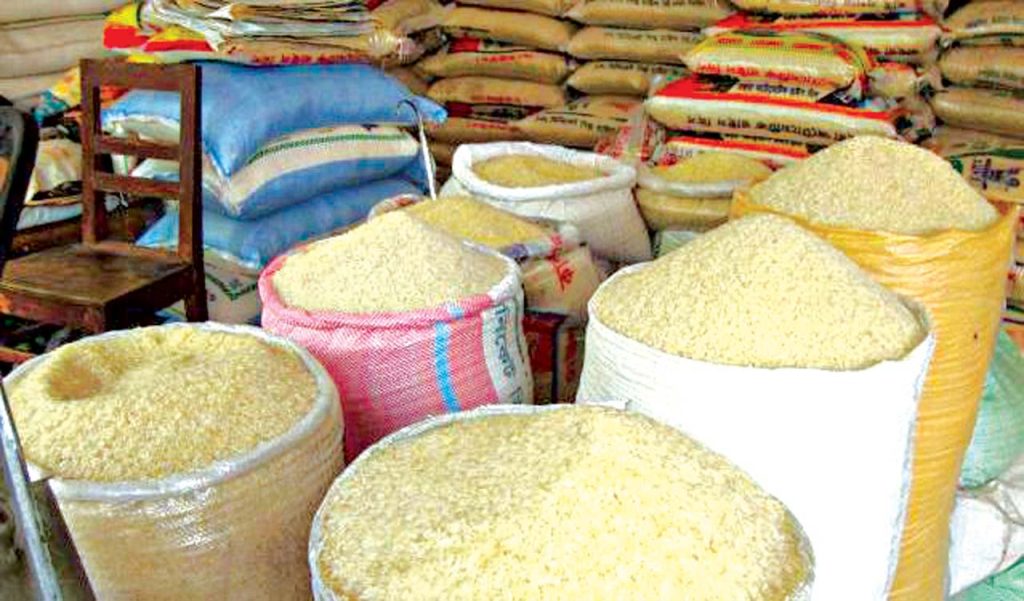As Nigeria enters an indefinite general strike, one worker shared with the BBC the harsh reality of surviving on the proposed minimum wage, which isn’t enough to buy even a bag of rice. This strike has caused widespread power cuts as workers shut down the national grid.
Mallam Magaji Garba, a security guard, explained that he needs a 50kg bag of rice, costing 75,000 naira ($56; £44), to feed his family each month. The current minimum monthly wage is 30,000 naira (£18; $22), which the government plans to double. However, unions under the Nigeria Labour Congress and the Trade Union Congress demand it be raised to 494,000 naira (£290; $369) to match economic realities.
The government argues that meeting these demands would cripple the economy and lead to job losses, as many businesses wouldn’t be able to afford higher wages and might shut down.
The strike has led to the closure of schools, offices, and hospitals nationwide. At Lagos’ Murtala Muhammed International Airport, passengers reported being stranded outside the domestic terminal due to the disruption.

The national power outage began around 02:00 local time (01:00 GMT), plunging much of the country into darkness. Despite this, power outages are common, so those who can afford it, including most businesses, rely on generators.
Mr. Magaji, who works for the education ministry in Kano, described his family’s struggle. “I am calling on the government to consider us and increase the minimum wage so that we can live and eat decently,” he said. “It’s not fair that top government officials earn millions monthly while the smallest workers earn so little and struggle to feed.”
At 59, Magaji sometimes walks to work because he can’t afford transportation. Nigerians have been hit hard by the removal of a fuel subsidy and the devaluation of the naira since President Bola Tinubu took office a year ago. Tinubu insists these measures are necessary for long-term economic reform, but inflation has soared to nearly 34%.
The government has also stopped pegging the naira to the US dollar, leading to a dramatic depreciation. Where 10,000 naira bought $22 last May, it now only buys $6.80.


